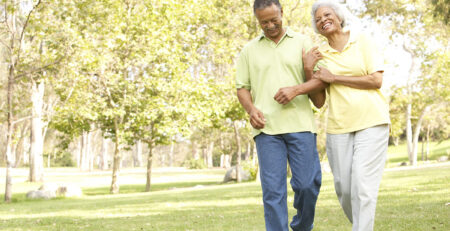Living Longer and Stronger with the Longevity Diet
For too many years, we’ve heard the so-called professionals say that we’re all going to grow old, get sick and die, and there was nothing we could do about it. Thanks to newer and better science, this thought has been put to rest. According to The New Biology, how we age is mainly up to us and the decisions we make each and every day, and a great place to start is what we eat and don’t eat.
Biochemist Valter Longo, PhD, and director of the USC Longevity Institute at the USC Leonard Davis School of Gerontology developed the idea of the longevity diet which is essentially a set of guidelines for healthy eating which is meant to help people live longer, healthier and happier. He is also a strong proponent of intermittent fasting.
In general, these diets stress the importance of getting more plants, less protein and more fasting into one’s daily lifestyle. Dr. Longo bases this on the work he has done around the world, examining what long-lived people consumed and didn’t consume. Besides his work in the United States, he did research in Greece, Italy and Japan.
On a daily basis, it’s healthy to get vegetables, fruits, olive oil, low-mercury seafood and beans into one’s diet and cut out excessive red meat, processed sugar, saturated fats and excessive dairy.
Some popular examples of longevity diets include:
- Mediterranean diet
- Okinawan diet (Japan)
- California or Sonoma Diet
- Sardinian diet (Italy)
- Shepherd’s diet
Some commonalities within these diets include plants, healthy oils, fish, green and yellow vegetables, fiber-rich foods, soy, unprocessed whole grains, fresh herbs, fava beans, and almonds. The food is fresh and unprocessed. There is very little to no sugar.
Although Dr. Longo gets a lot of credit for this diet, Dan Buettner also wrote a lot about longevity diets and introduced the Blue Zones to the world. After looking into either person’s research, longevity diets make a lot of sense in terms of living longer, healthier and happier.











